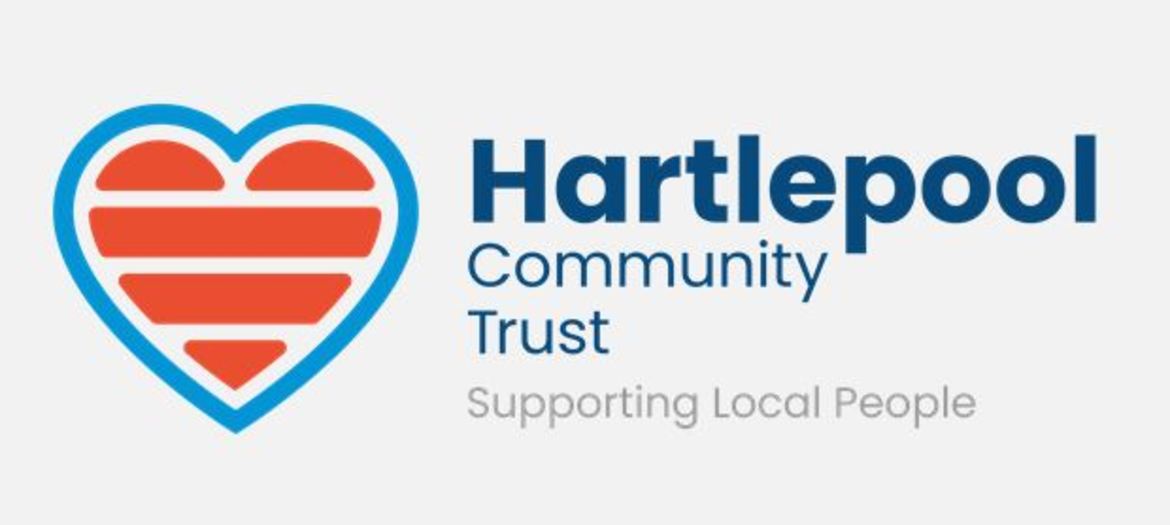National telecare campaign partner toolkit
National telecare campaign partner toolkit | Local Government Association
The national telecare campaign launches on 2 June. Created through collaboration between BT, VMO2, the UK Government, TSA, and LGA, this toolkit includes resources to help residents and their support networks take action during the digital switchover. Landline phones across the UK are switching from old analogue technology to modern digital services. The National Telecare Campaign is helping to keep people safe and supported through the switchover by asking telecare users and their family, friends and carers to tell the landline provider they have telecare.
Public Switched Telephone Network (PSTN) migration
By January 2027, the analogue technology which has connected homes and businesses throughout the country for decades will be shut down. The network, called the Public Switched Telephone Network (PSTN), is becoming more fragile, less reliable and harder to maintain. As a result, landline providers are upgrading the old technology to modern digital services.
This transition will be seamless for most users, but vulnerable individuals who rely on telecare alarms will require special attention to help make sure telecare alarms keep working through the switchover.
Landline providers have been working with local authorities, the telecare sector and housing associations to identify telecare users utilising the data sharing agreement (DSA) template and guidance drafted by the London Office of Technology and Innovation (LOTI) on behalf of and in consultation with the Local Government Association (LGA). DSAs result in a list of landline phone numbers shared with landline providers that are cross-referenced with customer data to identify residents with telecare devices.
As a further measure to identify and protect residents, BT and Virgin Media O2 have launched a national campaign in partnership with the UK Government. The LGA and TEC Services Association (TSA) have assumed a consultative role throughout the campaign’s development.
This toolkit is here to help you share the message locally and support your communities during the switchover and the campaign will run from 2 June to 31 August 2025.
About the National Telecare Campaign
The switchover could put vulnerable residents who use telecare alarms at risk if their landline stops working. The partner toolkit gives organisations the resources they need to:
- raise awareness of the digital switchover
- keeping landline customers safe as landline providers move customers from analogue to digital landlines.
- offering a common source of information for landline customers and their support network.
- building confidence and trust with landline customers and their support network that landline providers will guide them safely through the upgrade of the network.
- delivering a simple and consistent message that is easy to understand.
- encouraging landline customers to take action so that landline providers appropriately meet individual needs.
The aim is to reach telecare users, their families, carers, and wider support networks – building trust and helping them take simple but vital steps to stay safe.
What the toolkit contains - download
This toolkit provides everything you need to promote the campaign, from messaging guidance to ready-to-use assets. By ensuring audiences receive a consistent message, we can collectively build a recognisable and impactful campaign that saves lives. Please also note that the use of these assets beyond 31 August 2025 is not permitted.
Assets included:
- pre-approved campaign messaging and tone of voice guidance
- posters, digital banners and social media assets (including bilingual Welsh versions)
- television and video assets for online and offline use
- newsletter copy and suggested web content
- details on how and where to display content
- a clear call to action
How you can support the national telecare campaign
Support for the campaign
Feedback or questions
If you need help using this toolkit or have any questions about the campaign, please contact: [email protected]

